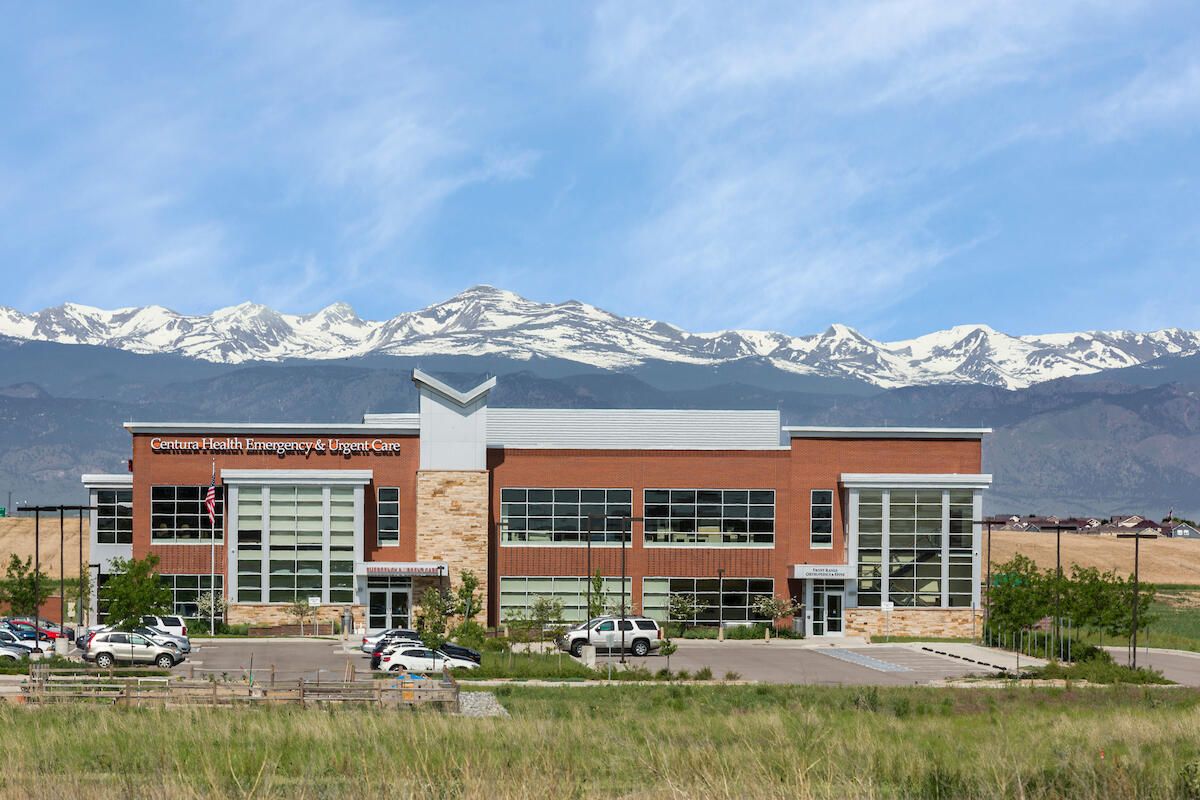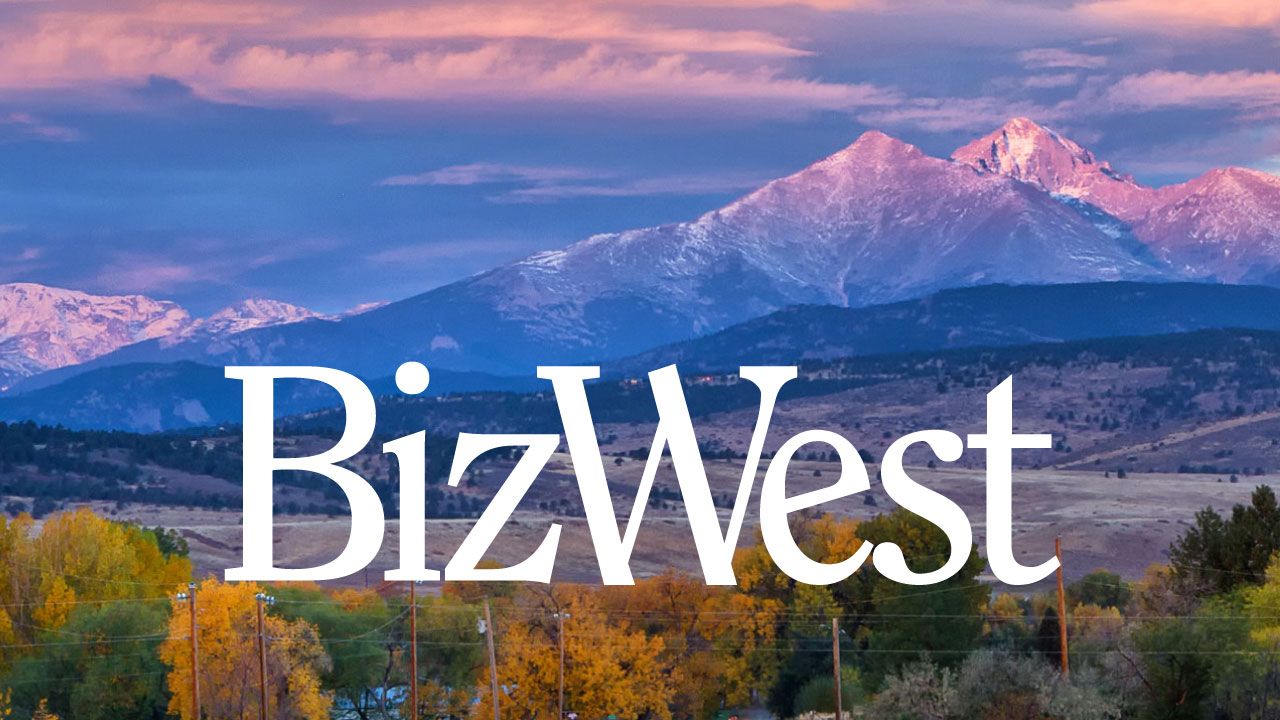CSU, FRCC leaders outline current plans for fall
FORT COLLINS — Colorado State University president Joyce McConnell and Front Range Community College president Andy Dorsey both plan to have some level of on-campus instruction this coming fall semester but with radical changes in place to try to prevent COVID-19 from spreading.
The college presidents outlined their current plans to the Fort Collins City Council Tuesday night but stressed that they may change based on how the pandemic affects the area.
State funding down, but federal dollars partially offset
CSU lost about 58% of its funding from the Colorado Legislature after it was forced to cut billions from the state budget based on expected drop-offs in sales tax revenue. McConnell said the university is currently projecting to lose $30 million in tuition dollars and is spending an additional $2.1 million on retrofitting classrooms and lab spaces to maintain socially distant teaching.
SPONSORED CONTENT
The university is also expecting a large dip in housing and dining revenue.
However, McConnell said a priority in the new budget was avoiding any layoffs or furloughs for full-time employees and following through on scheduled promotions, along with freezing tuition for the year.
“We felt that was not only important for our own campus but for the Fort Collins community to keep as many people employed as possible,” she said.
However, federal dollars from the CARES Act has left CSU with effectively a 5% drop in state aid.
Dorsey said FRCC is keeping its student registration period open until the first day of classes on Aug. 24, as many students may opt to take online classes at the cheaper community college and eschew the premium that comes with in-person instruction from a four-year college.
His institution is projecting a 7% drop in enrollment for the coming year but thinks that number will catch up if nearby students decide to spend the year with remote studying.
Dorsey said FRCC’s budget is even more reliant on state support and said large questions remain about how that will affect the college’s operations.
“My focus is on getting this semester started as successfully as possible, then turn to that in the fall,” he said.
However, FRCC hasn’t laid off any permanent staff and has paid employees and student workers their normal wages despite not having worked.
However, both presidents said the fiscal pain will remain in coming years. McConnell expects down revenues through 2021 and 2022, and the base budget created in the pandemic is the base budget for the university moving forward.
“As Andy I know will say, we’re in for a couple of years of a tough slide,” she said.
Prepping for class
McConnell said CSU will spend between $2.2 million to $3 million for COVID testing, monitoring and cleaning. Classrooms on campus have been spread out for social distancing, and empty large spaces such as gyms and theaters have been repurposed for lectures.
Faculty and in-person students will also have separate apps to report their temperatures and any other COVID-related symptoms to the university each day so its health system can monitor for outbreaks. The CSU Health System also has added COVID-testing lab capacity and can process tests within 24 hours.
McConnell also said the university placed COVID-related rules in the student and faculty codes and expects full compliance with virus-preventing measures from everyone within the university’s physical campus.
The best-case scenario for CSU would be to have several in-person classes, McConnell said, with a plan in place to go fully online again in case the virus becomes rampant again later in the year.
The worst case is a fully online fall semester with the hope of restarting on-campus studying and work next January.
“We understand that the disease is in control, and that we must adhere to state and county guidelines,” McConnell said.
Dorsey said some classes such as medical and dental assisting, welding and automotive repair continued through the spring and summer semester with precautions, and the campus is open for students who need financial aid and academic advising. However, he said not a lot of students are taking up those services in person.
“It has been fascinating to see folks who never thought they could work effectively remotely figure out that advising appointments via Zoom work really well, and some of our younger students actually really like working via video conferencing,” he said.
FRCC is planning to continue using online lectures and self-paced programs for non-hands on subjects and a hybrid system for programs that require hands-on training. Dorsey believes that’s a historical strength of the school, which has had online classes since 1984 and already has much of that infrastructure in place.
The in-person campuses are also outfitted with plexiglass barriers, social distancing in place, and the college is working to secure COVID testing through a local hospital group.
Serving students who rely on in-person
Both institutions are working on ways to keep themselves open as hubs for students who are homeless or effectively homeless or rely on the internet connection or other social offices provided on campus.
Dorsey said his campuses in Fort Collins, Longmont and Westminster will remain open for students who need services, such as the food bank, mental health counseling and Wi-Fi.
McConnell said the campus’s services are particularly critical for students who come from low socioeconomic backgrounds or live in areas without solid access to high-speed internet, such as Native American reservations.
“Being on campus interestingly solves a lot of students’ connectivity problems that they have off-campus, so being able to provide them the resources of the campus becomes very critical to many of our students,” she said.
© 2020 BizWest Media LLC
FORT COLLINS — Colorado State University president Joyce McConnell and Front Range Community College president Andy Dorsey both plan to have some level of on-campus instruction this coming fall semester but with radical changes in place to try to prevent COVID-19 from spreading.
The college presidents outlined their current plans to the Fort Collins City Council Tuesday night but stressed that they may change based on how the pandemic affects the area.
State funding down, but federal dollars partially offset
CSU lost about 58% of its funding from the Colorado Legislature after it was forced to cut…
THIS ARTICLE IS FOR SUBSCRIBERS ONLY
Continue reading for less than $3 per week!
Get a month of award-winning local business news, trends and insights
Access award-winning content today!



